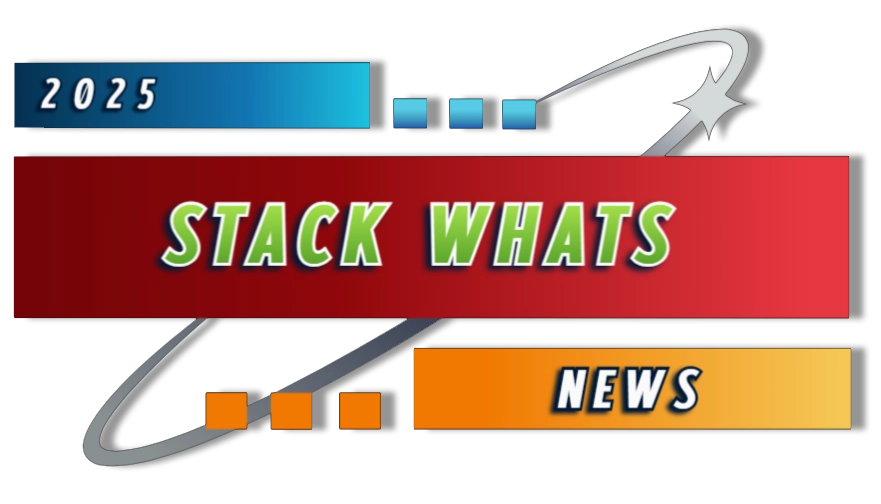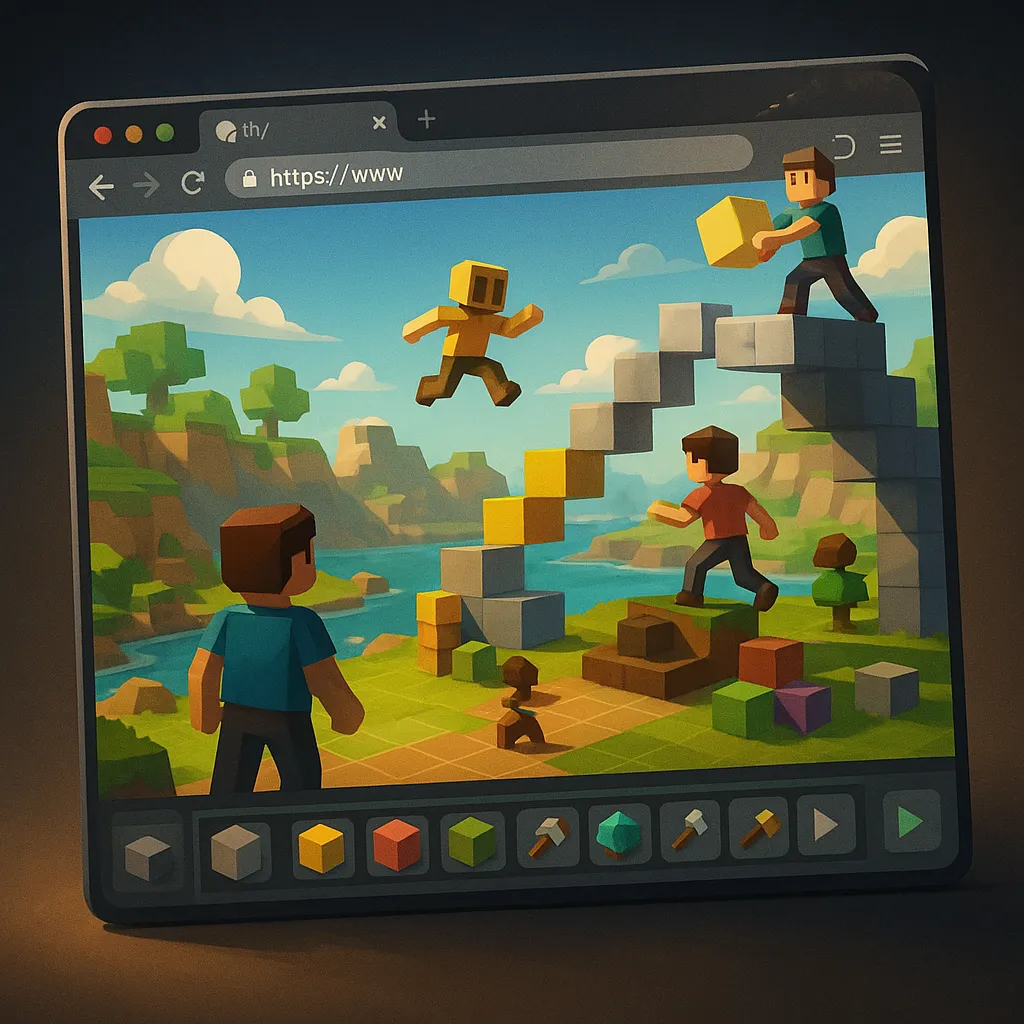When most people hear the term “game creation platform,” their minds jump to Roblox or Minecraft. But ControlZee’s dot big bang is redefining what it means to make and share games — directly inside your browser, no downloads required. With tools that work in real time and a CEO committed to accessibility, creator payouts, and community safety, this platform isn’t just another UGC experiment — it might be the clearest vision yet of a playable, buildable web.
We sat down with ControlZee co-founder and CEO Robert Anderberg to unpack how dot big bang works, why it matters, and what it says about the future of game development in a world where “creating” is no longer reserved for the pros.
Building in Real Time, Right in Your Browser
It all started on a Zoom call during a Games Industry Gathering session. Instead of a typical introduction, Anderberg dropped a link in chat. One click later, everyone in the room was standing inside a shared 3D space — live, in-browser, with no streaming tech or cloud render magic behind it.
Then it got weirder: Anderberg began building inside the environment while everyone watched. Blocks appeared, forming a jumping puzzle. People started climbing. Laughing. Collaborating.
And just like that, dot big bang made its pitch: creation is play, and play is creation.
Unlike Roblox or Unity, there’s no installation barrier. It runs in ES5 JavaScript, the “crappiest version you can possibly get,” as Anderberg proudly puts it. That stripped-down design choice is intentional — it lets the game run on nearly any device with a browser, from a gaming PC to one of the 40 million Chromebooks currently used in American schools.
Why UGC Platforms Work: Creation Is Human Nature
Why are platforms like Roblox, Minecraft, and now dot big bang thriving? Anderberg says it comes down to one thing: people love to build.
During the early COVID-19 lockdowns, The Lego Group reportedly saw daily demand that rivaled Black Friday levels. People didn’t just want entertainment — they wanted to make something. Anderberg believes that drive translates to digital spaces, but most platforms make creation harder than it needs to be.
Game dev has historically required technical grit: memory management, C++, awkward engines. But newer tools like Unity and now dot big bang remove those barriers. The goal isn’t just functionality — it’s fun. The tools themselves should feel like play.
And on dot big bang, players are already making:
- Multiplayer obstacle courses inspired by Fall Guys
- First-person shooters
- Sculptural art games that double as interactive worlds
These creations aren’t just impressive — they’re made by everyday users with nothing more than a browser tab and a vision.
From Unreal Mods to Playground Games
To understand the appeal of dot big bang’s lo-fi game mechanics, look no further than childhood.
Many of today’s breakout UGC hits are based on simple, playground-style games — tag, red light/green light, capture the flag. These are rule-light, creativity-heavy designs that echo early FPS mods and minigames from the Quake or Unreal era.
Anderberg sees a straight line from Counter-Strike (a mod of Half-Life) to today’s Roblox hits. The difference? In the past, modders couldn’t earn money from their work. Platforms like Roblox changed that — but not without introducing new problems.
Making Money Without Blockchain or Exploitation
Dot big bang plans to let creators sell cosmetic items, similar to Fortnite. The goal is to keep it simple and equitable.
Anderberg wants to flip the revenue split, where creators get more than crumbs. Unlike Roblox — where developers need to earn roughly $175 worth of Robux to cash out — dot big bang aims for a low payout threshold, possibly around $20, though that’s still undecided.
Forget crypto. Anderberg doesn’t buy the blockchain hype.
“They keep saying ‘blockchain,’ and I hear like ‘database,’” he quips.
He’s more interested in practical solutions, like using the same cashout provider as Roblox, which charges $1 per transaction regardless of payout size. No NFTs, no gas fees — just a clean system that helps real creators get paid.
Accessibility First: Why the Browser Wins
One of the smartest design decisions dot big bang made was sticking with browser-based delivery. It avoids the friction of app stores, installation limits, and platform-specific headaches. Anderberg notes that as of a few years ago, 2.4 billion devices could handle browser-based 3D environments.
That’s a massive potential player base — especially in educational settings. Chromebooks dominate in U.S. classrooms, and dot big bang can run on them effortlessly.
What’s more, the browser allows for incredibly fast iterations. No waiting for cloud syncs. No bloated install sizes. Just code, compile, play.
Avoiding the Trap of Toxicity
Social tools like chat and voice can supercharge multiplayer platforms — but they also introduce huge moderation risks. Anderberg knows this, and dot big bang is deliberately not chasing scale at any cost.
Right now, the platform has no in-game text chat, and moderation focuses on public comments and Discord interactions. Why? Because moderation is resource-intensive, and half-baked systems often do more harm than good.
“We are paying a price today,” Anderberg admits. “We could be going faster, we could have more users, but…you can’t build something that’s going to be successful and safe if you don’t slow down.”
This philosophy is a rare stance in an industry addicted to explosive growth. It also reinforces the studio’s commitment to community-first development — one where players aren’t just users, but collaborators.
Looking Ahead: The Next Decade of UGC
Dot big bang isn’t just another tool in the UGC race. It’s an experiment in rethinking the entire development cycle. Accessible from anywhere. Built with human behavior in mind. Monetized with simplicity. Moderated with care.
Anderberg knows mistakes will happen — “We’re going to make mistakes,” he says — but his team is betting on long-term trust over short-term hype.
If the next wave of gaming is about merging creation with play, dot big bang might just be the blueprint everyone else ends up copying.

